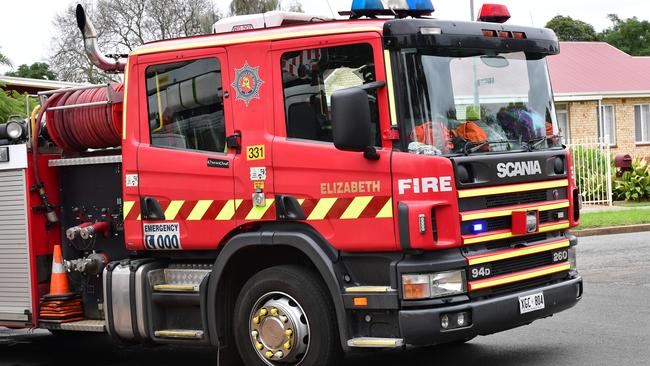SA teachers moved out of classrooms, into the office
HUNDREDS of teachers are being pulled out of schools to drive desks in the Education Department’s head office, The Advertiser can reveal.

SA News
Don't miss out on the headlines from SA News. Followed categories will be added to My News.
HUNDREDS of teachers are being pulled out of schools to drive desks in the Education Department’s head office, The Advertiser can reveal.
Official figures, released under Freedom of Information laws, show 310 teachers were removed from schools to do paperwork, an increase on the 281 which were seconded during 2013.
It does not include about 900 permanent staff who work in the Flinders St headquarters, an unknown number of whom were once teachers or have teaching qualifications.
The findings provoked concern from Education Minister Susan Close, who admitted she wanted to change the policy and prevent teachers being reassigned into bureaucratic roles.
“I want to reduce the number of education staff in the head office in the city,’’ she said.
The number of teachers removed from classrooms last year would be enough to staff about 10 extra schools.
Ms Close vowed to find out how many teachers were working in administrative positions instead of classrooms shortly after taking up the role in January.
But the number can only now be revealed after an FOI application made to the Education Department by Family First MLC Robert Brokenshire.
Mr Brokenshire said he used wanted to seek the information because parents he talked to often complained about class sizes and wanted more teachers in classrooms.
“While there would be some need for policy direction from teachers we need to question how many really need to be pulled out of the classroom for this,’’ he said.
“It seems clear that the more teachers you can get in the classroom the smaller the class sizes would be and the better the outcomes for the students — and that should be the main focus of the department.
“Parents are always complaining about class sizes and this could be improved by having more teachers where they would do the most good.”
Mr Brokenshire said there should be an independent review of departmental staffing policies, after it could not provide details about how many people were working in administrative roles who had teaching qualifications and could sent back to classrooms.
Some of the teachers moved to head office keep the generous holiday provisions they enjoy at school, while others convert to public service conditions and are given a pay rise.
The increasing use of teachers to do paperwork, mainly curriculum planning, comes despite the fact South Australia is implementing a standard national curriculum.
The documents released also showed many teachers were seconded for several years and others indefinitely.
South Australian Secondary Principals’ Association president, Peter Mader, said the organisation supported teacher secondment but not for long periods because teachers would lose relevance to the school environment.
“Seconding some teachers is a good thing but where it becomes a problem is when those seconded teachers cease to have relevance in their educational context, so to come out for six months and before you know it you have been out for six years,’’ he said.
Ms Close said it make sense to group non-classroom based teachers together, but this did not have to be at head office.
“I will be making moves to shift resources closer to communities to break down any barriers between specialised areas and our students and teachers in schools,” she said.
“It makes sense to group people working across all schools on curriculum resources, learning assistance, and teacher development, for example, but we’re working on how we can make sure the experts dedicated to those areas are able to work as closely as possible with schools.”
Australian Education Union vice president Howard Spreadbury said the skills learned on secondment were useful when the teachers returned to the classroom.
“We have argued very strongly that people in the integrated support services (for schools) should be teachers because for example people providing schools with advice on student behaviour management should have a very strong understanding of classrooms and schools,’’ he said.
Education Department human resources manager Phil O’Loughlin said seconded teachers worked on the curriculum as well as helping schools with policy issues, such as student behaviour management or teaching methodology.
“There are broad types of work seconded teachers do, which is curriculum which is the obvious one, and specialised programs outside of school setting and then there are those who work outside of the school like special educators,’’ he said.
The figures released by the Education Department also showed there were 17,908 teachers employed in government schools throughout SA.


